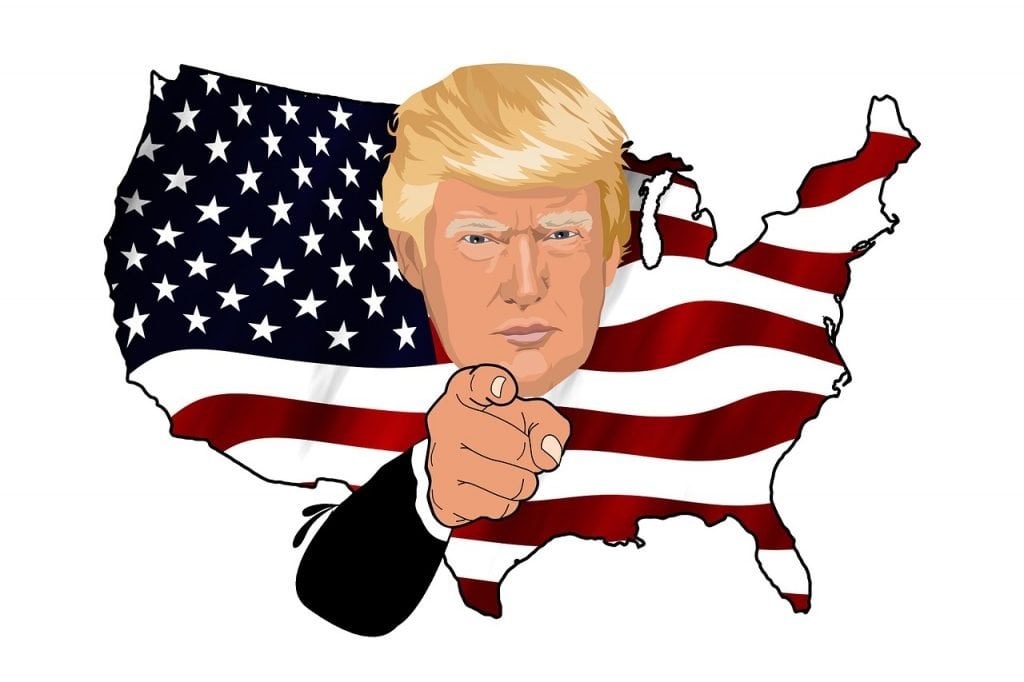“Raid” Backfired – Because There’s No Special Counsel; AG Garland Can’t Avoid Reasonable Suspicion of His Onw Motives
Mar-A-Lago Raid Backfires
WASHINGTON, D.C., (August 12, 2022) – It appears that the search of Mar-A-Lago – which was reportedly scheduled when the former president would not be present so as to minimize adverse publicity – backfired badly, with many now wondering whether it was part of a plot to prevent Donald Trump from running for president again.
Q2 2022 hedge fund letters, conferences and more
The administration's refusal to date to explain the need to acquire the documents, and to use a search warrant rather than a simple subpoena, has only further compounded the suspicion that it was carried out improperly and for wrongful purposes.
But much of that suspicion would be allayed if the search, which many are now terming a "raid," had been ordered and carried out under the supervision of an impartial governmental figure, and not someone who serves at the pleasure of the president and is required to carry out his orders; since Trump is likely to be the major Republican candidate for president in 2024, says public interest law professor John Banzhaf.
There is a clear, inherent, and unavoidable conflict of interest when the person ultimately in charge of a criminal investigation - including the power to obtain a search warrant - would obviously benefit greatly if his major political opponent could be tarnished by a criminal investigation, much less possibly indicted and even found guilty, says Banzhaf, who played a role in obtaining special prosecutors to remove a similar conflict of interest in the Watergate investigation.
Appointing A Special Counsel
One way this could have been avoided, and the conflict still could be eliminated as federal investigations of Trump move forward, would be for the Attorney General to simply do what the law very clearly requires: appoint a special counsel to conduct the investigation, As the Washington Examiner just reported in TRUMP INVESTIGATION SPECIAL COUNSEL NEEDED AFTER MAR-A-LAGO RAID: LAW PROFESSOR:
"A law professor is calling upon Attorney General Merrick Garland to appoint a special counsel to handle the Justice Department’s investigation into Donald Trump following the FBI's raid of the former president’s home at Mar-a-Lago. John Banzhaf, a professor emeritus of law at George Washington University, said that a special counsel is imperative to avoid 'blatant' conflicts of interest following the 'unprecedented' Trump search."
The law governing the situation [28 CFR Part 600] provides that: "The Attorney General . . . WILL appoint a Special Counsel when he or she determines that criminal investigation of a person or matter is warranted and -
(a) That investigation or prosecution of that person or matter by a United States Attorney's Office or litigating Division of the Department of Justice would present a conflict of interest for the Department OR other extraordinary circumstances; and
(b) That under the circumstances, it would be in the public interest to appoint an outside Special Counsel to assume responsibility for the matter. [emphasis added]
The deliberate use of the word "will" - rather than "may" or "shall" or "should" - makes it clear that the duty is a mandatory one. Doing everything possible - especially when it is required by law rather than merely being optional - to avoid any appearance of political motivation or other impropriety, clearly "would be in the public interest."
There is a clear conflict of interest for Garland - who serves at the pleasure of the President and is subject to removal if he fails or refuses to follow Biden's orders - to investigate and possibly seek to prosecute the person most likely to run against Biden in the next presidential election. Criminally investigating a former president is also an "extraordinary circumstance" in the U.S.; although all too common in third world countries, notes Banzhaf.













